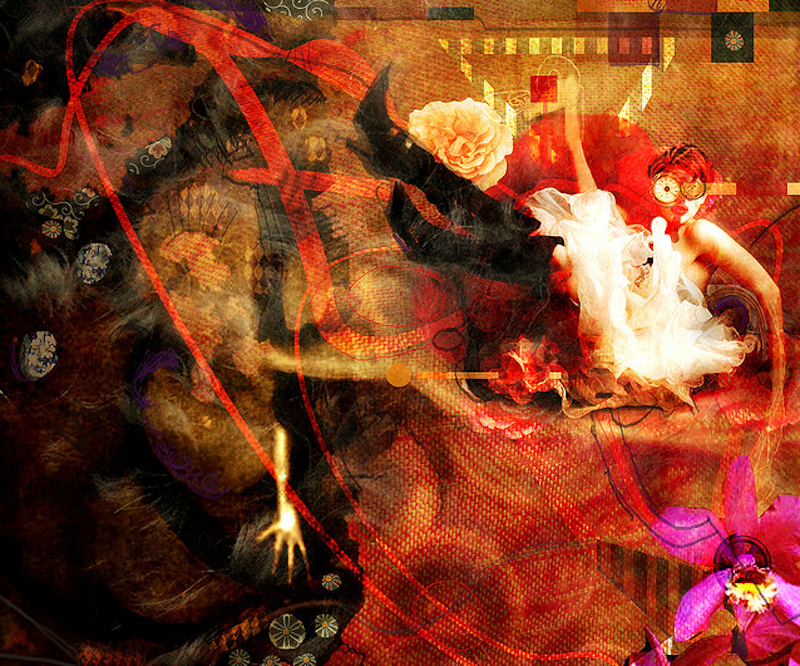Todd Solondz: You write, you shoot, you recover; it’s a three-year plan.
William Bennett: It's really unremitting and relentless.
Solondz: That's why it took so long.
Bennett: If you compare it to art, we're very much in a renaissance period where everything follows a format, you have to use oils, you have to have a frame.
Solondz: Some people have such an immediate visceral response, plus or minus. Others seem to be a bit at sea and others are more dispassionate. I don't know how to account for it.
Bennett: I know what you're saying, it is very tempting and would be very enjoyable to play, as we did in the early Eighties, concerts to people who are totally unsuspecting, because it's a totally different kind of reaction.
Solondz: You listen to whatever it is within you that impels you to write this story and nothing else.
Bennett: It's like being a croupier at a blackjack table watching the gamblers come and go, you see them every week in the magazines, new faces lining up in front of the cameras trying their luck.
Solondz: As a kind of crucible, a kind of test, when we say we love mankind, we embrace humanity - of course those are empty, hollow statements because they're platitudes of abstraction.
Bennett: I wouldn’t use that word.
Solondz: Why not?
Bennett: It's the same old thing, it's tired, it's conservative.
Solondz: But I'm not interested in redeeming Bill Maplewood. I don't know if there is redemption for him. I don't sympathize with him.
Bennett: People turn to morality because there's no logic left in their argument.
Solondz: It's a mixture of, I suppose, calculation and at the same time instinct.
Bennett: Without sounding too corny, it really comes from the heart.
Solondz: I look at young people's work and I give them my thoughts, I share what I can with them.
Bennett: It's reaching some sort of higher level, it just makes you want to clench your fists and grit your teeth, it creates an incredible excitement.
Solondz: I do, I do.

